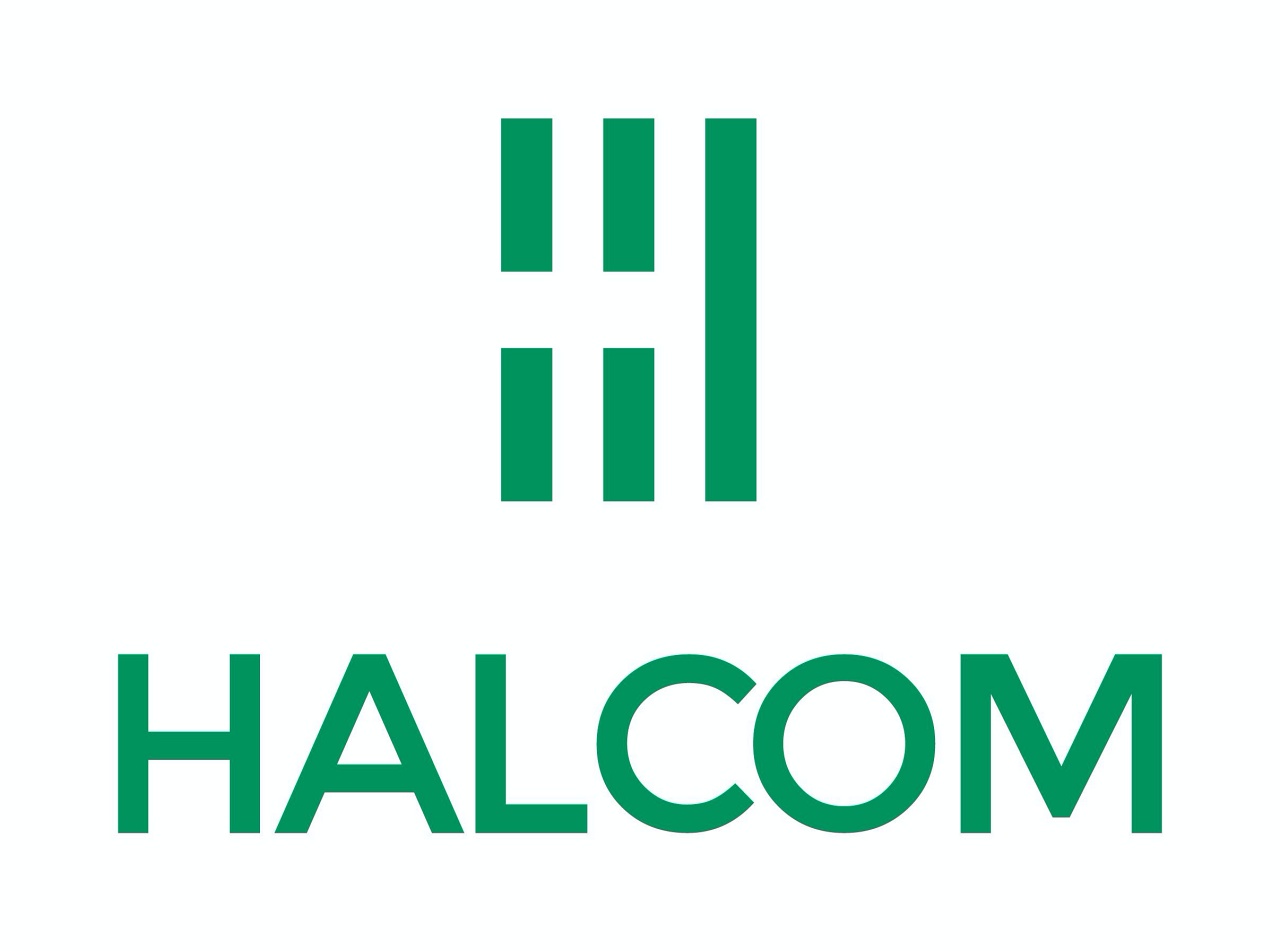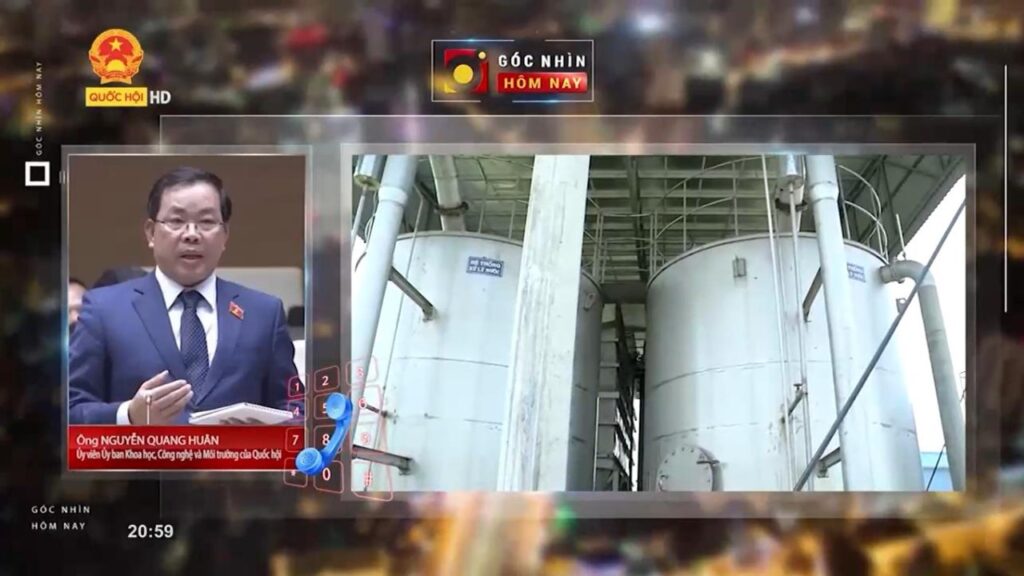Vietnam is in danger of missing the target of the National Assembly Resolution No. 16/2021/QH15, which is approximately 95% – 100% of urban residents and 93% – 95% of rural residents have access to clean water by 2025. This is the assessment of experts under the discussion of clean water access and clean water market in Vietnam recently. Clean water laws should be enacted.
PLEASE WATCH THE LIVED PROGRAM HERE (source: National Assembly Television)
According to the 2019 Population and Housing Census Report of the General Statistics Office, the percentage of households accessing tap water is only about 52%. In particular, the proportion of urban households with the access to tap water has reached 84.2%, but the number for rural areas is only 34.8%, which is a huge disparity.
CLEAN WATER MARKET TURBULENCE
Clean water prices are being regulated by the State. The Ministry of Finance is stipulating the price bracket, the price calculation method and the normed profit. Provincial People’s Committees approve local clean water prices, but do not exceed the price bracket set by the Ministry of Finance. Thus, water prices in the localities are different and inconsistent.
From business reality, most enterprises believe that the retail price of water, especially domestic water, is basically low. In many localities, furthermore, this price has rarely been adjusted. Some localities including Hanoi have not even adjusted the domestic water price for almost 10 years, which makes it unaffordable for enterprises to further expand. But if the price gets too high, people will not have access to clean water. The State’s regulation role and management is also fragmented with too many parties involved, which is difficult to establish new investment estimates for enterprises who desire to invest.
Along with that, the wasteful usage of water or the risk of water resource pollution are becoming more and more serious. Meanwhile, our water science and technology are also falling behind the rest of the world, posing great challenges to the sector itself.
From the experts’ perspective about the Vietnamese clean water supply market, the supply ratio between urban and rural areas nationwide shows a disparity of more than double: more than 84% compared to nearly 35%. The reason is that investment in rural and remote areas are often difficult and unprofitable.
Mr. NGUYEN QUANG DONG – Director of the Institute for Policy Research and Communication Development: “The process of socializing clean water public services has not been accompanied by a reasonable market structure for providing the services. Specifically, when the State lacks investment resources, the market does not effectively attract private investment. State-owned enterprises also face difficulties when water prices are low and cannot afford to expand the water supply area.”
The current retail price of water, especially domestic water, is basically at a low level and this is an unreasonable structure. Although it has been socialized, it has not yet attracted private investment because of purchase price mechanism, volume of purchased water, and water price.
“The problem is how to mobilize private investment capital in this field. When the State is short of money, it is possible to mobilize private investment capital for the pipeline. The problem here is that there must be a legal basis to clarify the role of private investment for the pipeline, because this is inherently the responsibility of the State,” Mr. Dong commented.
The time has come for a legal document to establish a unified and transparent framework for the clean water market. This is a necessary basis to expand the supply of clean water and guarantee water access for people.
Mr. NGUYEN DINH CUNG – Former director of the Central Institute for Economic Management: “It is necessary to enact the Law on Water Supply and Water Treatment, similar to the Electricity Law, which means building modern market institutions based on international practice. Along with that, the management system must be changed to be more focused and effective. Thus, people will benefit more from water supply.”
There are significant disparities in the proportion of clean water acess. The high access group of over 80% is Ho Chi Minh City, Thua Thien-Hue, Hai Duong, Hai Phong, and Ba Ria-Vung Tau. The moderate group with the rate of 50% – 79% is Hanoi, Binh Duong, Quang Ninh, and Nam Dinh. The poor access group of under 50% are Lam Dong, Nghe An, Thanh Hoa, Thai Nguyen. It is not wrong to say that the clean water market is disorganized.
Whether the entity that provides public services such as clean water is the State, the private sector or civil society institutions, the responsibility for ensuring the provision of services belongs to the State, with three compulsory principles to design this market, including: Continuity; equal access for all residents and affordable prices.
This means, if clean water is not available, the State must ensure that people have access to water at an affordable price and without water loss during service use.
However, compared with these principles, both accessibility and equality in access to clean water services have not achieved the desired goal. This is partly due to the fact that implementing socialization and building a public service market for clean water is not really reasonable and effective.
A SEPARATE LAW NEEDED FOR THE WATER SECTOR
National Assembly Television has a discussion with Mr. Nguyen Quang Huan, Member of the Committee for Science, Technology and Environment of the National Assembly, Vice Chairman of Vietnam Association of Clean Water and Environment, Chairman of the Board of Directors of Halcom Vietnam JSC., about this issue.
Reporter: Sir, although there are 3 years left, the goal of people to use clean water under the Resolution of the National Assembly seems to be out of reach. What do you think is the main reason?
Mr. Nguyen Quang Huan: “We must divide clean water usage into urban water and rural water. According to the data of the Ministry of Construction, we are providing water to 92% of the urban population, which is not far from the target of our resolution from 95%-100% of the urban population to be granted by 2025.
But rural water access is a little behind the target we need to reach. Our aim is to provide 85% access for the rural population. In fact, we can almost achieve 85% if we take both clean water and hygienic water into account, but the percentage of clean water alone only achieves more than 50%.
If we include the indicator of hygienic water, then the definition of what is sanitary water needs to be clearly defined. If hygienic water is accepted for the rural population in remote areas, this target can be achieved, but not definitely not achieved.”
Reporter: Experts and managers are inclined to develop a separate law on supply and treatment of domestic water. What is your opinion on this feasibility?
Mr. Nguyen Quang Huan: “The current water industry is inconsistently managed across ministries. The Ministry of Natural Resources and Environment is in charge of managing water resources. The Ministry of Construction manages urban water, and the Ministry of Agriculture is responsible for rural water management. What is the control mechanism of the Ministry of Health for all components including private companies? And if it strongly depends on people, can we guarantee to propose a national assessment system for clean water standards for users?
Our lack of high-tech measuring equipment is also an obstacle for operation. I think, in order to implement it, we must have legislation. The unification of a law on water supply and treatment in the current situation is absolutely necessary.”
How should the public-private partnership (PPP) investment mechanism to provide clean water services be implemented to achieve the goal of clean water for the entire population, is not a simple question to answer. The ambiguity is making it difficult for the water service provider market to develop, posing risks, while the main profiteering groups are cleanly circumventing the law and seeking unfair competition.
Attracting private investment is necessary to expand the supply of clean water, ensuring access to water for the people. However, for the private sector to effectively participate in this market, the frameworks and regulations need further improvements. Therefore, it is necessary to perform a comprehensive evaluation and design an overall policy system to complete the clean water trading market. It is then imperative to develop a law on water supply and treatment that the Government has requested and the Ministry of Construction is implementing. Only with a law can we adjust the organization, the regulation and the operation of the water supply and domestic water treatment market, which is similar to the electricity sector with the Electricity Law.

